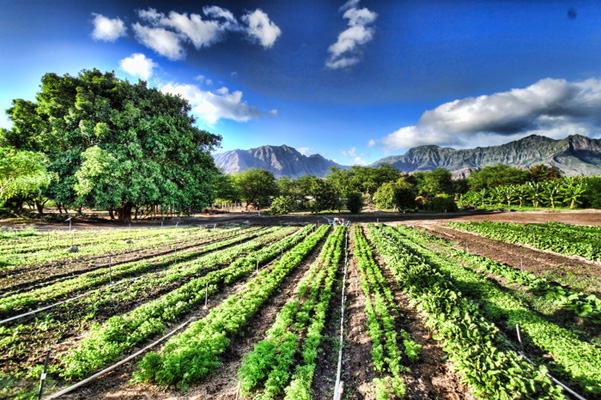Superior Farms is Big with Solar and Wind Energy
The American Lamb’s Dixon Facility’s Wind and Solar offsets 95 percent of Energy Use
Superior Farms, the leading purveyor of farm-to-table American lamb in the United States, has activated a state-of-the-art solar panel system at its Dixon, Calif. facility. Now, combined with its wind turbine, 95 percent of the energy requirements for its facility will be from clean energy sources.
The solar panel system is the latest initiative in the company’s overall commitment to providing sustainably raised lamb. In addition to reducing its energy use in recent years and running on clean energy, Superior Farms has also reduced its use of water, diesel fuel and plastics as part of its dedication to the environment, animal care, food quality and people.
“Our employee owned company is proud to be making significant strides in our commitment to providing sustainably raised American lamb, though clean energy solutions and careful considerations regarding water use, transportation, packaging, and more,” said Anders Hemphill, vice president of marketing and brand strategy at Superior Farms. “We lead the industry in our sustainability efforts while supporting local, rural communities and American farming families, and providing a homegrown alternative to imported lamb which must be shipped thousands of miles.”
In addition to its wind and solar clean energy initiatives, Superior Farms’ sustainability efforts have resulted in:
- A reduced use of water by 33 percent at its Dixon facility. That savings equals the amount of water used by more than 130 households annually.
- A reduced use of diesel fuel since 2015 by more over 140,000 gallons per year.
- Less food waste and less plastic packaging. Transitioning its case ready packaging to a vacuum skin package reduced Superior Farms use of plastics by a third. It also eliminates the need for retailers to repackage the product when it arrives in store and keeps the lamb meat fresh for a longer period, reducing food waste.
A 100 percent employee owned company, Superior Farms partners with over 1,000 American family ranchers to provide high-quality lamb with a strong commitment to animal wellbeing and sustainability. The lambs graze mainly on open pasture lands, sustaining on the natural vegetation of vast grasslands as they have for centuries while providing benefits to the land through fertilization, erosion mitigation and wildfire suppression.
Many sheep producers also work with crop farms to coordinate regenerative grazing and bring sheep onto fields after crops have been harvested. These lambs eat naturally enriched crops while boosting the level of organic matter in the soil, making it more fertile, and lowering carbon emissions by reducing the amount of tractor time on the field. Lambs receive excellent care and nutrition as well as proper handling to consistently provide the highest quality products to consumers.
For more information about Superior Farms and its sustainability efforts, including its four pillars of sustainability, visit www.superiorfarms.com. For sales inquiries, please contact sfsales@superiorfarms.com.













